I hope you are enjoying the spring greens that have started to appear in the veg boxes. They may look a little pale and unruly, with the occasional weatherbeaten leaf, but please don’t let them linger in the back of your fridge; they are a delight simply cooked for two mins in plenty of salted, vigorously boiling water. A small knob of butter might help, but I’d implore you to do nothing more.
You may notice that the individual spring green plants vary from 50-200g; this is partly from fighting off weeds and pests, but also a result of genetic variation as they are among the few remaining open pollinated crops which are not grown from ‘F1’ hybrid seeds. For thousands of years, farmers have saved seeds from the best of their crops, thus exerting a selective pressure which led to incremental genetic improvement. In the 1930s, American maize researchers found that if you created two intensively inbred, and therefore relatively uniform strains, and then crossed them, the first (‘F1’) generation could combine the best of both strains while maintaining uniformity and adding hybrid vigour. Hybrid plant breeding helped boost yields and reduce production costs through the late 20th century, and has contributed to the low food prices we have today.
When I started growing vegetables in the ‘80s, my crops were perhaps 20% hybrids; now it’s 90% plus. Mostly it’s a change for the best as we have benefited from better disease resistance, more vigour and increased yield. On the downside I suspect that we have lost some flavour in a few crops. Bigger issues are that hybrids often need near-perfect growing conditions to thrive (hence our open-pollinated spring greens still win out in the tough depths of winter) and most significantly, hybrids do not breed true; this means that farmers cannot harvest their own seed but must buy new seed in every year. Over the last 20 years the GM companies Monsanto, Syngenta and DuPont have bought up seed companies so they now control almost half the global seed trade; I would argue that this monopoly is a bigger issue than GM. Everything around food starts with the seed, so do we really want its future controlled by companies that have risen on the backs of manufacturing PCBs, Agent Orange, bovine growth hormone and glyphosate tolerant GM crops? Long live the unruly greens I say.

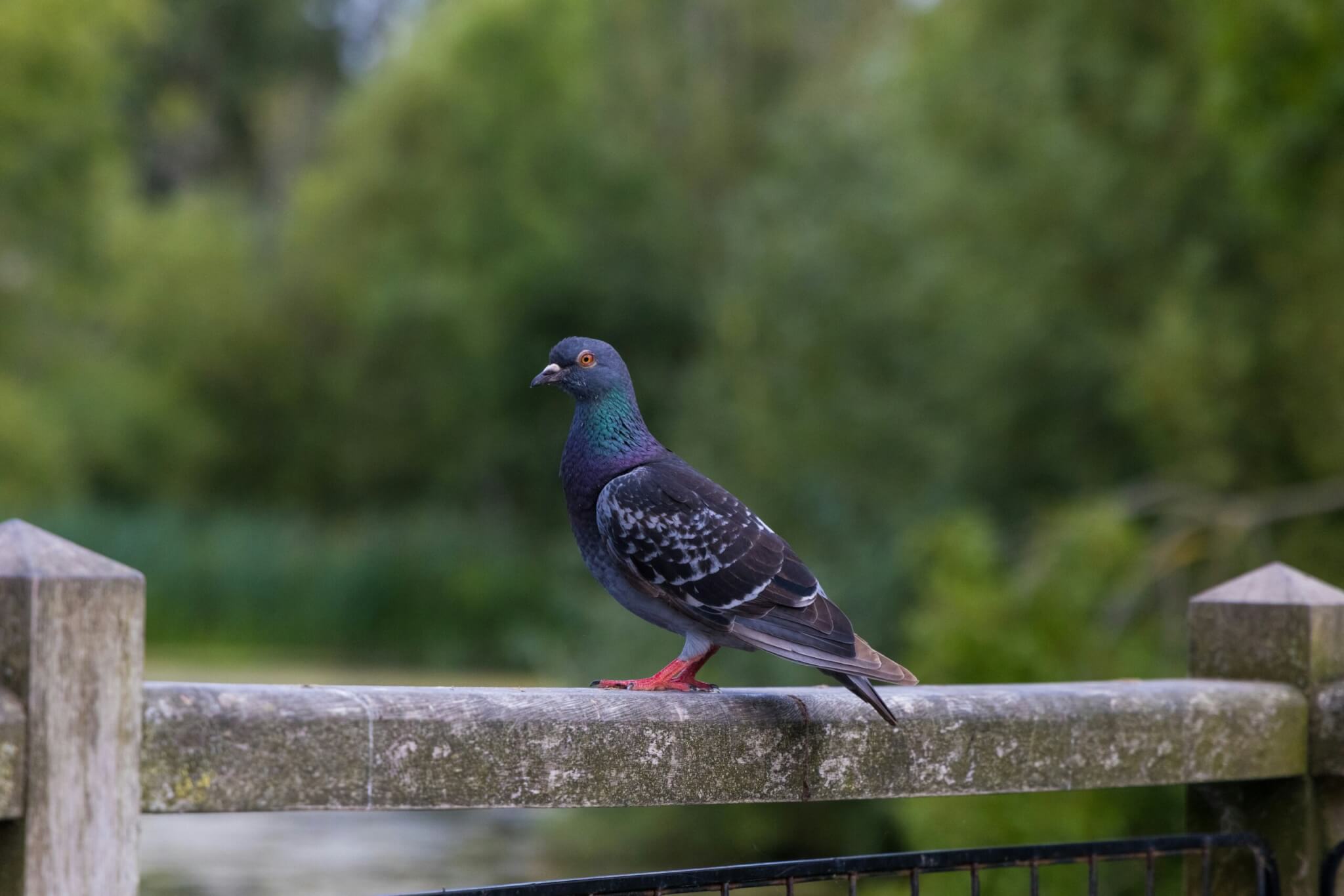
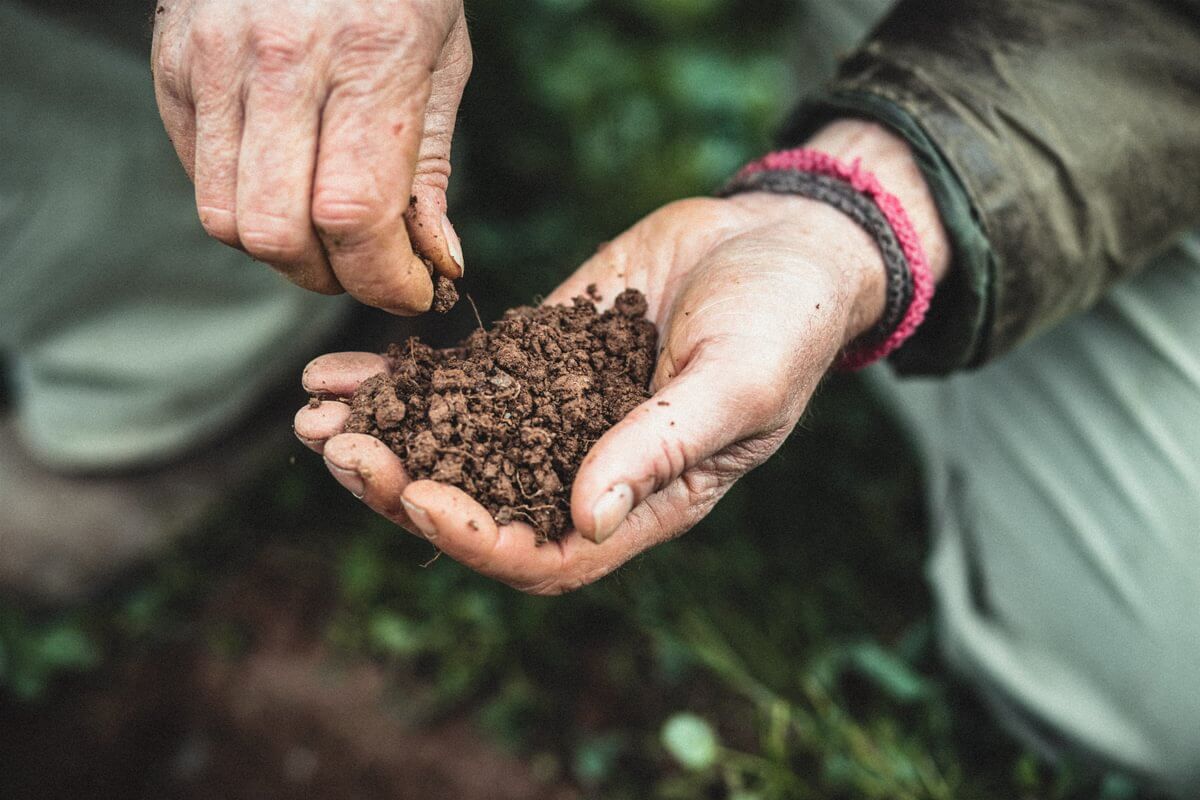
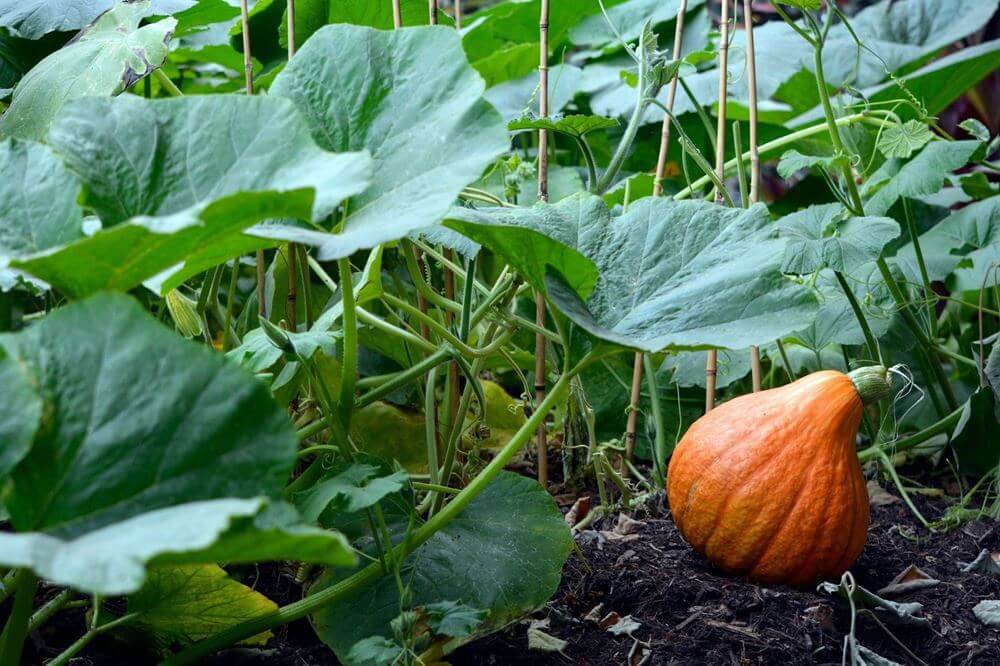
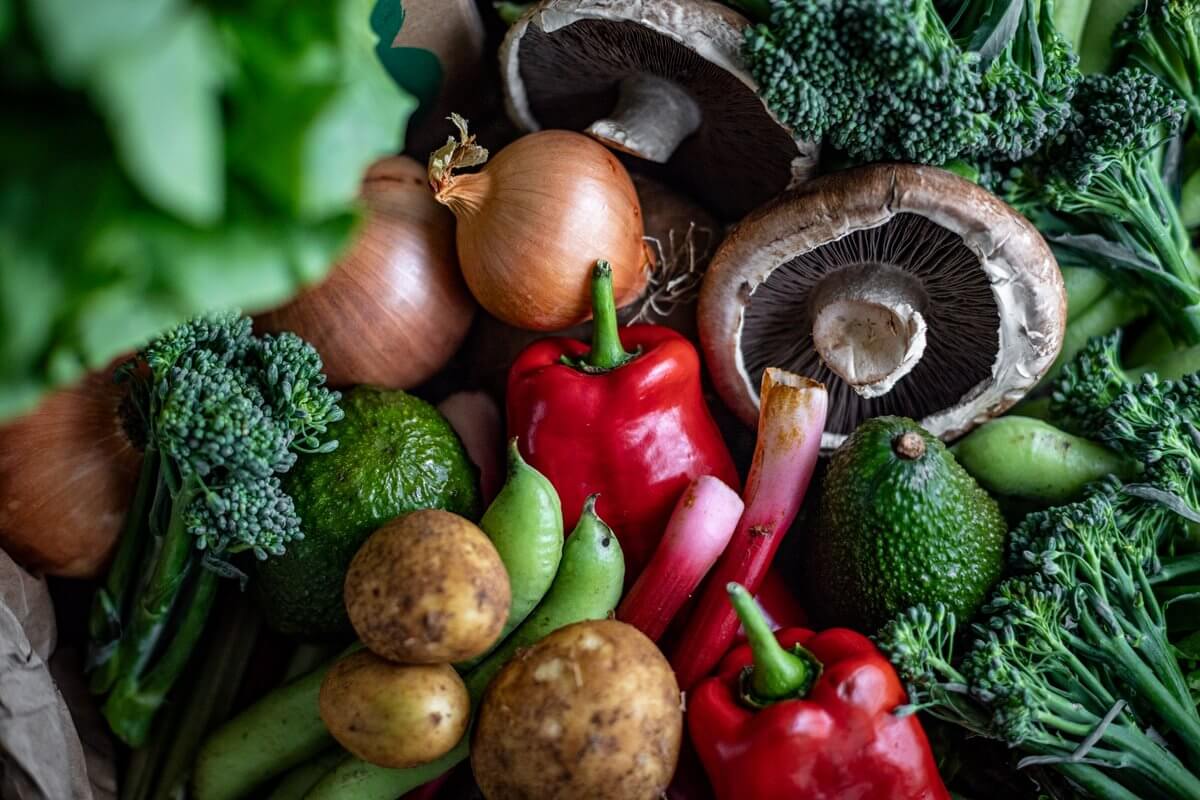

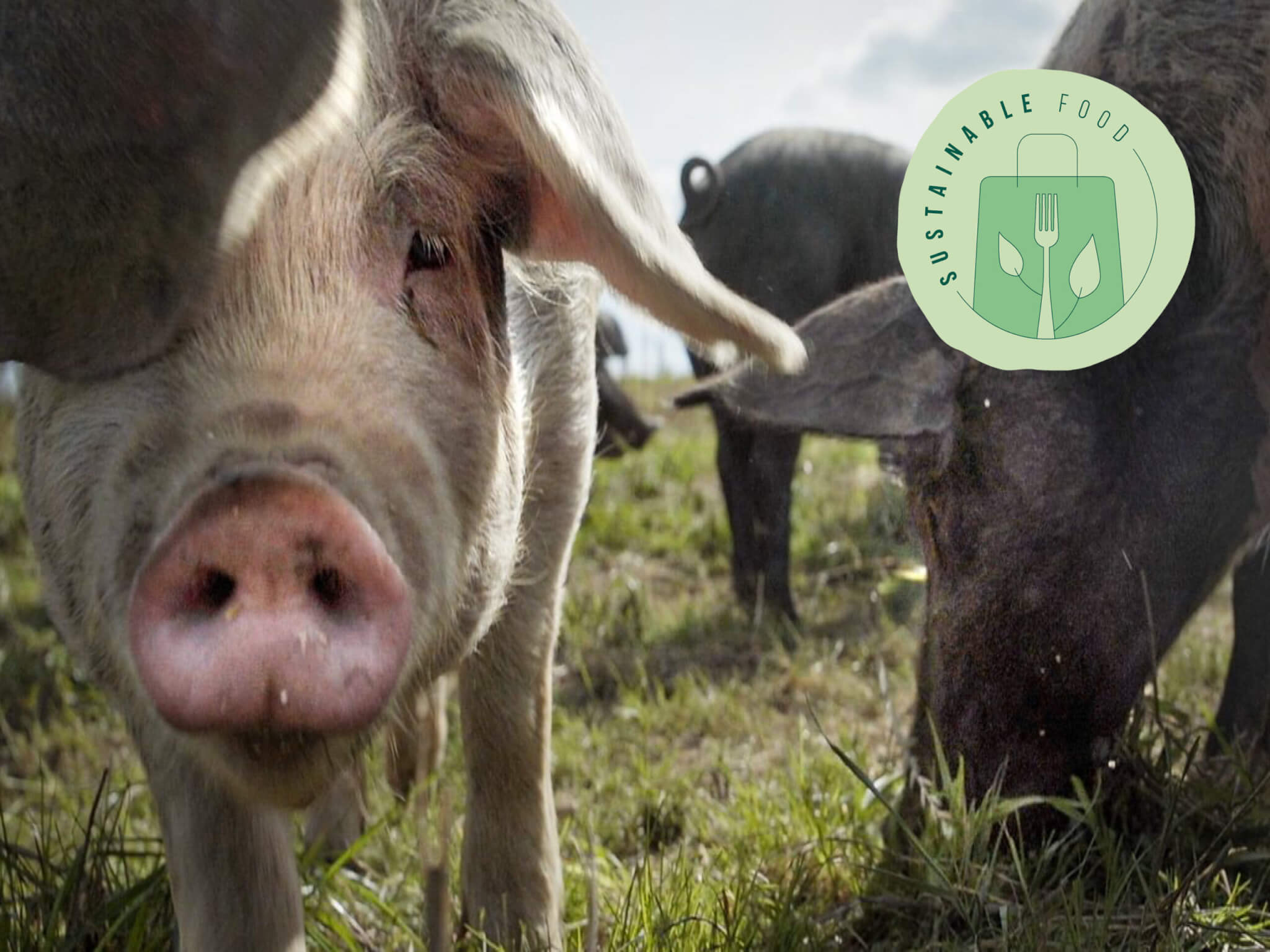





0 Comments